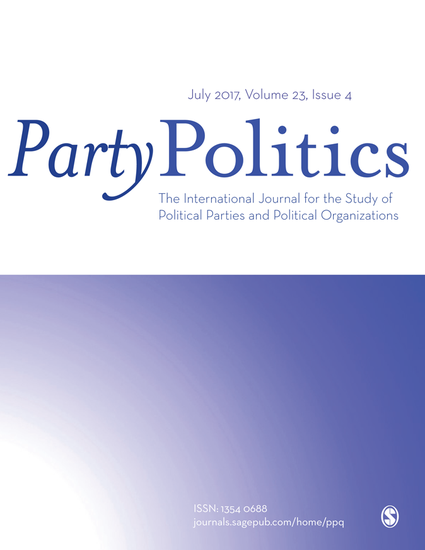
Article
Party Systems and Human Well-Being
Party Politics
(2013)
Abstract
This article analyses the impact of party systems on human well-being and argues that multiparty systems are associated with better welfare outcomes for two primary reasons: first, multiparty systems provide representation to multiple issue-dimensions in society, thereby indicating a more inclusive system, which ensures that diverse societal interests are taken into account during formulation of welfare policies. Second, multiparty systems also indicate a competitive party system, which provides incentives for parties to perform effectively while in office and propels parties to appeal to multiple segments of society by providing broader welfare services. The impact of party systems on human well-being is tested on a global sample of 68 democratic countries from 1975–2000. The findings show support for the hypothesized relationship between party systems and human well-being.
Keywords
- human well-being,
- party systems
Disciplines
Publication Date
July, 2013
DOI
10.1177/1354068811407601
Citation Information
Nisha Bellinger. "Party Systems and Human Well-Being" Party Politics Vol. 19 Iss. 4 (2013) p. 601 - 623 Available at: http://works.bepress.com/nisha-bellinger/3/
